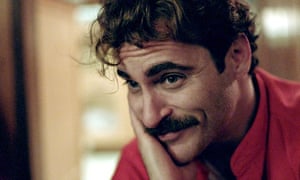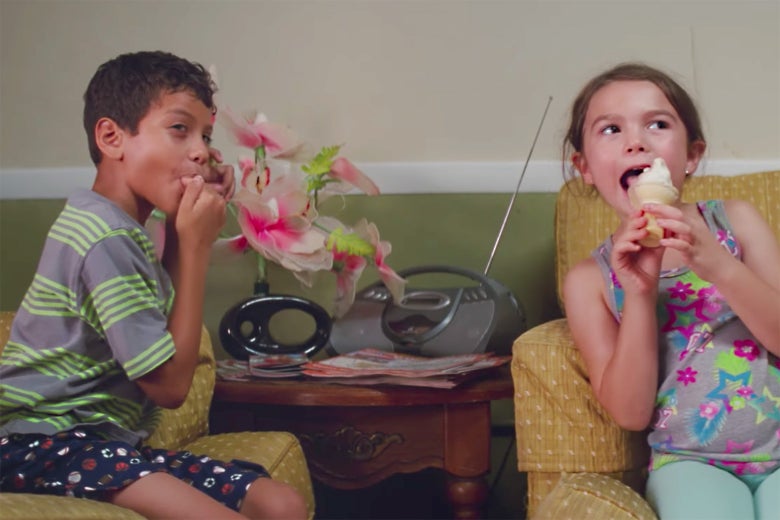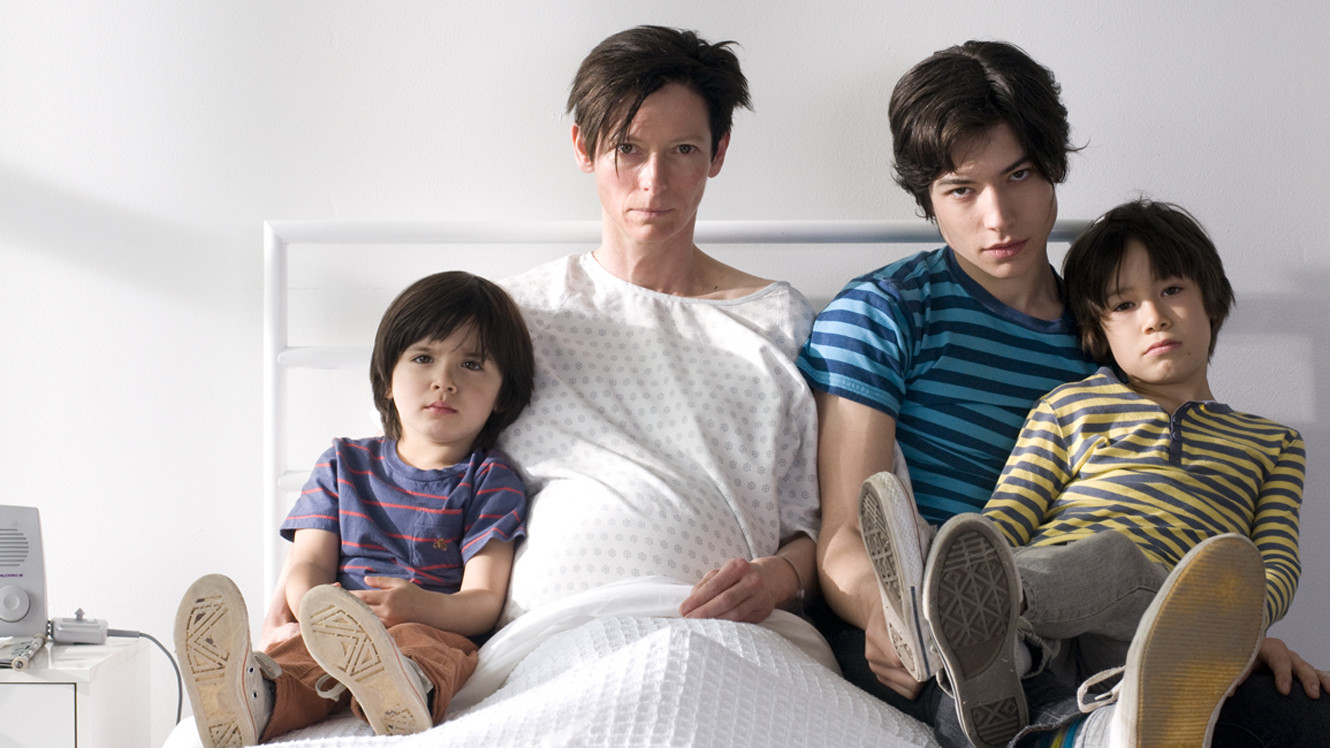I have an early memory of Velma in Scooby Doo repeating
gormlessly, ‘Where are my glasses? I can’t see without my glasses.’ Glasses are
the means by which a smart woman is reduced to a crawling, pathetic spectacle.
I show up to a team meeting for county rugby trials aged 13. A hulking boy-and
I don’t just mean he’s big, he looks like he’s about to turn green- says, ‘you wear glasses?!’, leaving me
uncomfortable, outside the group.
The way our world is visualised in movies and tv affects the
way we visualise ourselves. And the way people with glasses are visualised in
popular storytelling is bogus, bizarre and irritating. Needing to wear glasses
couldn’t just mean an eyeball lens that’s infinitesimally too thick… No it must
mean that person is a fragile liability, a person with no personality outside
of being a nerd, or, still more likely,
perverted or morally deviant.
Howard in Uncut Gems peeks through the crack in a closet
door at his half-naked girlfriend who does not know his creepy ass is in the
apartment. The glint of his lenses in the dark is the sickly glow of voyeurism.
Patrick Bateman in American Psycho puts on glasses in a boardroom scene where
he fantasises about killing a fellow CEO just because of his more expertly
watermarked business card. The way he looks at women in particular is
proprietary, lethal. Ripley in The Talented Mr Ripley, another serial killer,
wears glasses. A pattern emerges: glasses become a simplistic shorthand for not
a deficiency in physical sight but a troubling, sometimes even psychotic way of
perceiving other people.

That most fundamental symbol of American heroism, Superman,
wears glasses in his disguise as Clark Kent (I’m talking about the John
Williams scored version, we pretend the modern DC Universe doesn’t exist here,
ok?). He does not need them, however. It is striking that THIS is his
concession to humanity and human appearance. Christopher Reeve’s classic good
looks, and buff physique are unignorable (drool) and it is clear to the
audience that Superman as Clark Kent is no different as a person, and looks the
same. But the fiction maintains that this slight physical addition is enough to
neuter heroism and make Kal-El an average office worker in the eyes of all
around him, unrecognisable even to those who know Superman.
The closest a movie actor has ever gotten to Superman in the American psyche is Cary Grant. In film after film he was the epitome of alpha, leading man energy- suave, sexy and capable. Bringing Up Baby, therefore, plays off the image that was developing around Grant, by giving the actor glasses, a surprise move that the studio producing the film tried to put a stop to. The shift in person is negligible, but the accompanying shift in persona is huge. Grant’s character David is nerdy - initially defined entirely by his work on dinosaur skeletons at a museum - and bumbling - over the course of the film he trips over telephone wires and tumbles down ditches. He is awkward, especially with women, extra-especially with Katherine Hepburn’s Susan, the most energetic American to own a leopard pre-Tiger King. He is a reasonably likable, if rather prissy underdog, a relatable figure baffled by a chaotic universe where leopards come to Connecticut. But David breaks and eventually loses his glasses, and this provides the opportunity for Susan to say ‘you’re SO good-looking without your glasses’. Cary Grant’s leading man, romantic hero persona emerges in the moment when glasses are destroyed, and he marries. This change mirrors the dynamic of the countless films, such as The Princess Diaries, in which, to be considered attractive, women and girls must take part in a makeover scene where their glasses are dispensed with and their hair is literally let loose. To get the guy, for decades, was an apparent requirement for women to be protagonists and to get the guy you had to get rid of the glasses.
What is fast emerging is that glasses and protagonists
rarely go together; if we refine our gaze still further and look for heroic
glasses-wearers, the pickings are even more scant. This is one of the reasons
that (TERF author notwithstanding) Harry Potter is a brilliant series of books.
The main character is a thoroughly decent, kind boy who is the hero of his own
story and also wears glasses! This surprisingly unusual hero is even translated
faithfully into that place most beguiled by the cleft jaw and perfect body:
Hollywood. Such is Hollywood’s record on characters with glasses I
half-expected there to be an added scene in the films where Harry’s sight is
magically fixed by Madame Pomfrey in the Hospital Wing. Hagrid would come to
say: ‘Now yer not just a wizard Harry, yer a hero too!’ Where a book leaves
visualisation largely to the reader’s imagination, the movies fix what a
character looks like for everyone. The audience of the Harry Potter series sees
someone who can’t see and who is the hero, a decent human being who isn’t in
disguise and isn’t defined by either being a nerd or being perverted. This has
not entirely changed our culture but has given a tonic to the millions of
partially sighted people used to being told their identities are limited by
that fact. I can remember kids on World Book Day wearing glasses they did not
need (Clark Kent-style!) to try and be a
part of the in-crowd. Fi-nal-ly!
Of course the lack of glasses in films is a minor example of their reductive vision of the nature of heroism: the overwhelming whiteness of screen heroes sticks out far more. This is not the place to deal in depth with the appalling history of the representation of black lives on screen (that has been done better elsewhere by writers like Ashley Clark). What is fascinating here is that one of the most engaging portrayals of heroism in any film of recent decades was given by a black man in glasses- Denzel Washington as the eponymous character in Spike Lee’s Malcolm X. While Harry Potter is a decent, rather flat, everyman character who shit happens to, Malcolm is explicitly not an everyman, his problems are specific to him and his community.
Bespectacled characters in films have so often been one-dimensional nerds, but ‘nerd’ of course is one of those terms, like jock, used to distinguish schoolyard groupings. Many Hollywood movies encourage the infantilization of their audiences, maintaining childish ways of viewing other people, such as ‘popular’ vs ‘outsider’ or ‘us’ vs ‘them’. Malcolm X is not a nerd. He becomes an intellectual, but a public one who uses his intellect and rhetorical flair to inspire political action both in himself and others. This is poignantly shown in the film when Washington’s Malcolm saves the life of an African American Muslim being held, grievously injured and without care, at a police station.
Malcolm is first shown in glasses over an hour into the film at the same point as he shaves his head inside prison and changes his surname to X. Mental liberation, success and the love of a remarkable woman (Angela Bassett) all come to the person he becomes in glasses. The treatment of characters who lose their glasses in films has shown that mainstream movie character change is usually boiled down to becoming more attractive or a better fighter. But Malcolm X was someone who dramatically changed as a person at multiple different stages of his life. He started as Malcolm Little, alias ‘Red’, conducting robberies and swinging at Harlem dances in his garish red suit. He became ‘Brother Malcolm’ in prison, a follower and spokesperson of the Nation of Islam. Finally after a pilgrimage to Mecca, whilst still an advocate for black nationalism, he grew to believe in the beauty and necessity of racial co-operation in fighting the sickness of racism.
This film busts the limiting dichotomy of a
man of action on the one hand, versus an intelligent man on the other. And it
is a representation of a man who really existed, not a cultural fantasy, but a
leader and inspiration for millions. It is telling that Nelson Mandela himself
appears in a cameo at the end of the film delivering one of Malcolm’s speeches.
Denzel Washington’s Malcolm is an invigorating antidote to the brand of heroism
typically envisioned by mainstream Hollywood. Yes, he is stunningly engaging
and attractive, but his heroism is located in his capacity to think and his
capacity to change and his capacity to engage with the real world. Perhaps glasses
function as a symbol of the ideal person in 2020 since the lockdown period has
shown that we all need to correct our vision.











